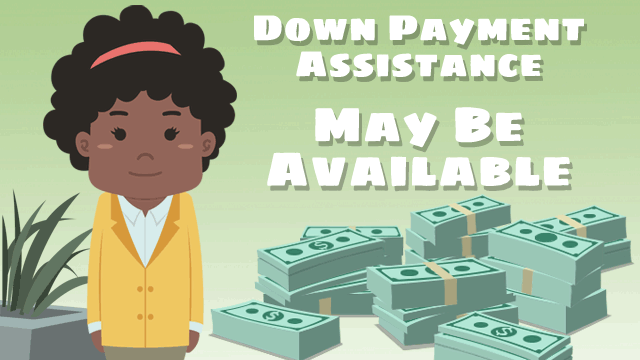When Deciding To Rent Or Own Your Own Home
November 21, 2024
While renting offers relocation flexibility and lower upfront costs, homeownership provides a wealth of financial and personal benefits.
Depending on circumstances, owning can be financially better over the long run than renting. What should renters know about owning their own home instead of renting?
- Potential Equity Growth: Every mortgage payment means more potential equity in your home. The longer you pay your mortgage, the more equity you build.
- Tax Advantages: Depending on current tax law, homeowners can often deduct mortgage interest and property taxes. Check with a tax professional to learn more.
- Inflation Hedge: Real estate is generally considered a good hedge against inflation.
- Ability to Refinance: Some will refinance for a lower interest rate, others may refinance to cash out their home equity. The choice is yours.
Personalization and Freedom: One of the greatest joys of homeownership is the ability to personalize your space. Want to paint the walls a vibrant color? Knock down a wall to create an open-concept living area? When you rent, these options are less open to you.
Stability and Roots: Owning a home provides stability and permanence. You're not subject to lease renewals or rent increases, and you can truly settle into your local community.
Privacy and Space: Enjoy the peace of your backyard, create a home office tailored to your needs, or relish the freedom to spread out without sharing walls with neighbors.
How To Decide?
The choice between renting and owning is a personal one. Factors like your financial situation, lifestyle, and financial goals are important to remember when making decisions about renting. Essential questions about renting versus owning include, “How long do I plan to stay?” and “Am I truly ready for the responsibilities of owning a home?”
Renting may offer some a more flexible lifestyle, but homeownership means adding potential financial and personal benefits to your financial position.

FHA Loan Articles
August 14, 2023FHA loans typically require a minimum down payment of 3.5% of the purchase price of the home with the right credit score. This means that if you're buying a house for $240,000, you would need to make a down payment of at least $8,400.
August 10, 2023FHA loans have specific rules and requirements for borrowers who have filed for bankruptcy. The guidelines can change over time, so it's essential to consult with a qualified lender or FHA-approved counselor for the most up-to-date information.
August 3, 2023FHA loans are primarily designed to help individuals and families purchase homes for use as their primary residences. Rules for these loans generally discourage their use for investment properties or rentals. However, there are exceptions that come with strict rules.
July 29, 2023One crucial aspect of FHA loans that borrowers need to understand thoroughly is debt ratios. In this article, we look at how they can impact your ability to secure financing for your dream home. Debt ratios help lenders understand a borrower's creditworthiness and any risks associated with the loan.
July 21, 2023Investing in a multi-unit property can be an excellent way to build wealth through rental income and property appreciation. FHA multi-unit property loans make this opportunity more accessible to a broader range of individuals. You must occupy a unit as your primary residence within 60 days of closing the loan.







